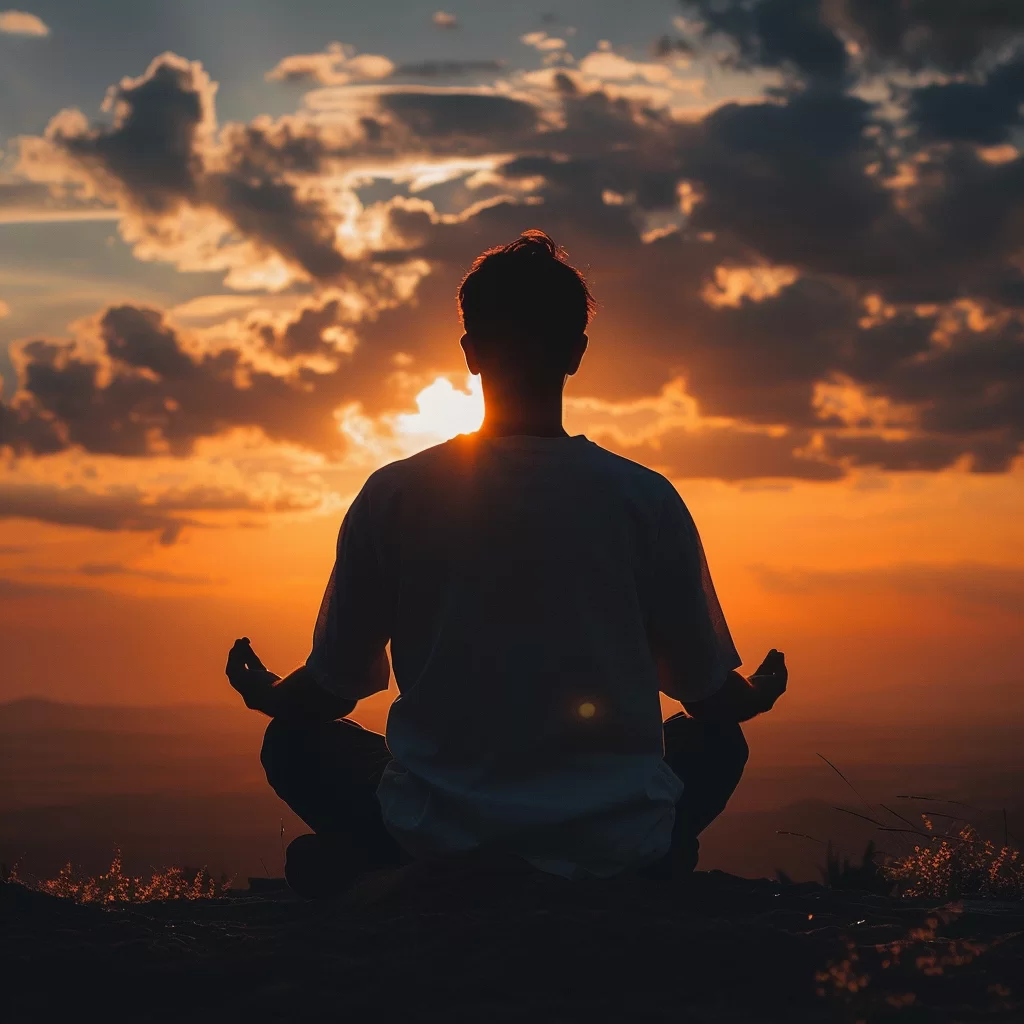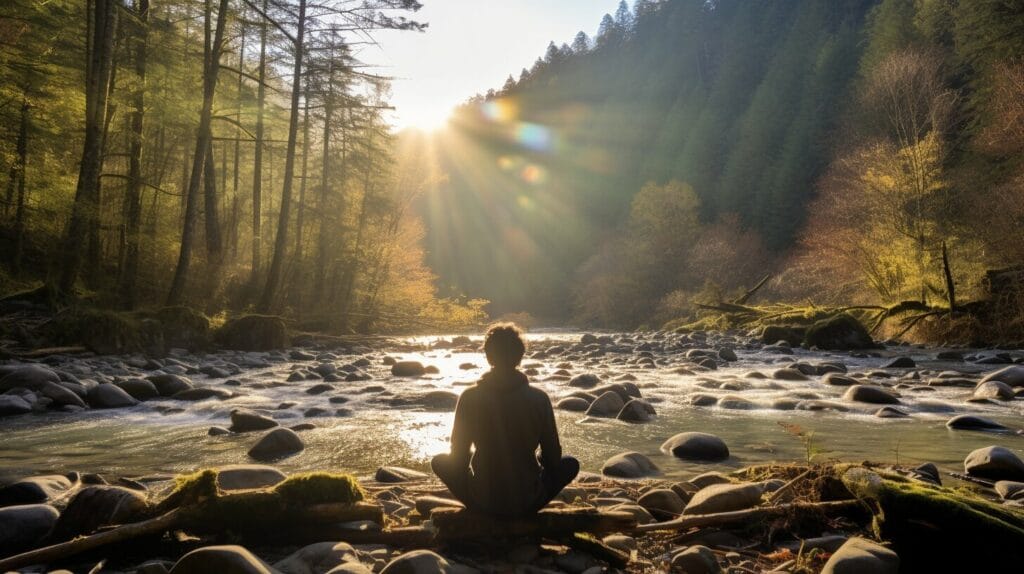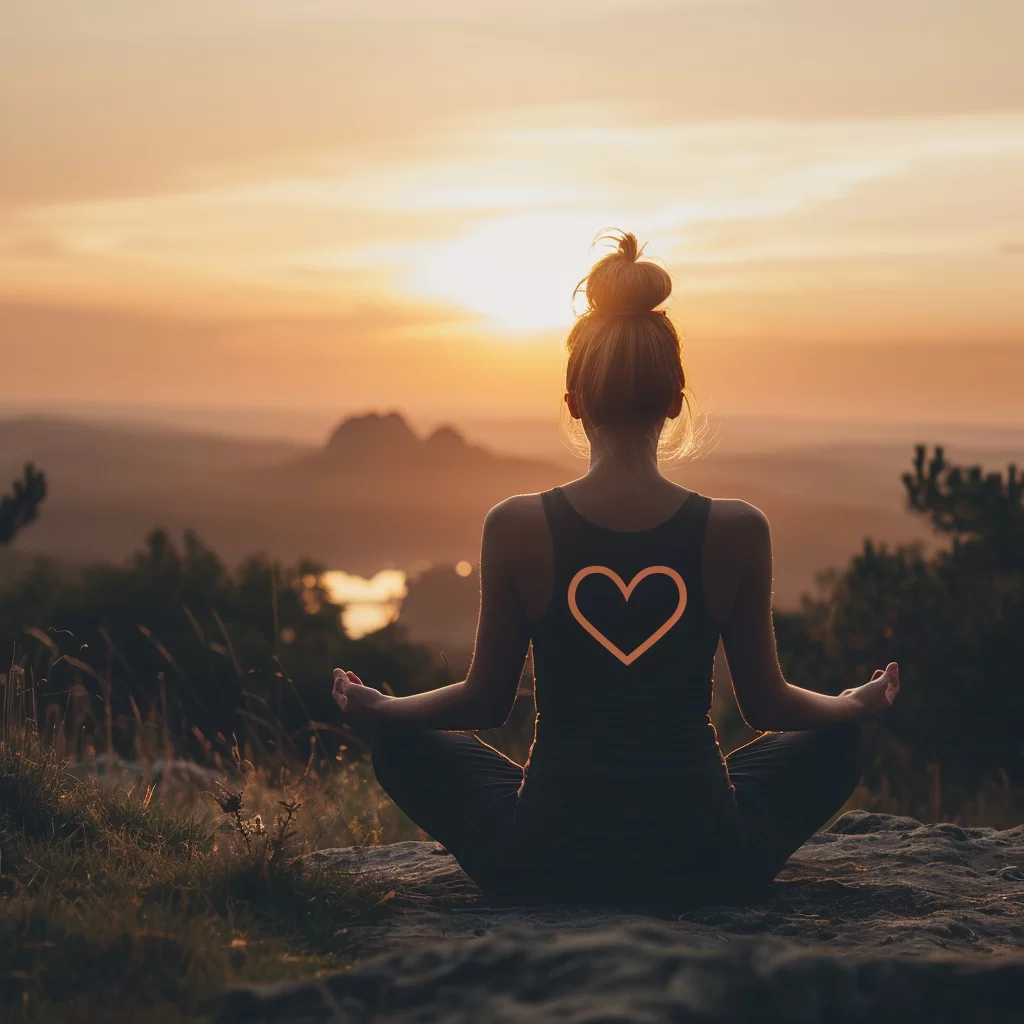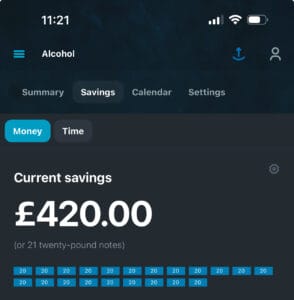Introduction My Sobriety Journey
My Sobriety Journey: Quitting alcohol was one of the most challenging and rewarding decisions I’ve ever made. Today, I am proud to share that I have been alcohol-free for 28 days. In this post, I’ll take you through my journey, the methods I’ve used to stay on track, and the incredible benefits I’ve experienced. I’ll also include a guided meditation for addiction and alcohol, as well as an FAQ section about the health benefits of being sober for just 28 days.

My Sobriety Journey
The Decision to Quit
Making the decision to quit alcohol wasn’t easy. It took a lot of self-reflection and recognising the negative impacts alcohol had on my life. From deteriorating health to strained relationships, the cons far outweighed the pros. I knew I needed to make a change. The moment I decided to quit was like a light bulb going off in my head. I realised that my life could be so much more fulfilling without alcohol holding me back.
Early Challenges and Breakthroughs
The first few days were tough. Cravings, mood swings, and insomnia were constant battles. I remember feeling on edge and irritable. My body was detoxing, and it wasn’t easy. However, I discovered that incorporating meditation, visualisation, and self-hypnosis into my daily routine made a significant difference. These practices became my anchor, helping me navigate through the stormy early days of sobriety. The support from my family and friends also played a crucial role. Their encouragement kept me going when things got tough.

The Power of Meditation, Visualisation, and Self-Hypnosis
Meditation
Meditation has been a game-changer. It helped me manage stress and anxiety, which are often triggers for alcohol consumption. By setting aside just 10-15 minutes each day for mindfulness, I found myself more centred and less likely to succumb to cravings. Meditation allowed me to observe my thoughts without getting caught up in them. It was a space where I could find peace amidst the chaos.
Visualisation
Visualisation involves imagining a future where I am healthy, happy, and free from addiction. Every morning, I visualise myself living a sober life—feeling vibrant, engaging in activities I love, and maintaining strong relationships. This practice kept me motivated and focused on my goals. I created a vision board filled with images that represented my goals and dreams. Seeing these visual reminders daily reinforced my commitment to sobriety.
Self-Hypnosis
Self-hypnosis helped reprogram my subconscious mind to support my sobriety. Using guided self-hypnosis recordings, I reinforced positive beliefs and attitudes about myself and my journey. This practice played a crucial role in reducing my cravings and boosting my self-confidence. I started to believe in my ability to stay sober and build a better life. The affirmations I used during self-hypnosis sessions were powerful and transformative.

Guided Meditation for Addiction and Alcohol
Meditation can be a powerful tool in overcoming addiction. Below is a simple guided meditation that you can use to support your journey:
- Find a Quiet Space: Sit or lie down in a comfortable position.
- Close Your Eyes: Take a few deep breaths, inhaling through your nose and exhaling through your mouth.
- Focus on Your Breath: Pay attention to the sensation of your breath entering and leaving your body.
- Visualise a Calm Place: Imagine a serene place where you feel completely at peace. It could be a beach, a forest, or a mountain top.
- Affirmations: Repeat positive affirmations silently or out loud. Examples include “I am in control of my life,” “I am free from addiction,” and “I choose health and happiness.”
- Release Negative Thoughts: If any negative thoughts arise, acknowledge them and let them go, returning your focus to your breath.
- Stay for 10-15 Minutes: Continue this practice for about 10-15 minutes, then slowly bring your awareness back to the present moment.
Remember, consistency is key. Make this meditation a daily habit to reinforce your commitment to sobriety.

Health Benefits After 28 Days of No Alcohol
Improved Physical Health
- Weight Loss: I’ve lost 10 pounds, which has boosted my confidence and energy levels. Losing weight has made everyday activities feel easier and more enjoyable. I feel lighter and more agile, which has encouraged me to stay active and continue making healthy choices.
- Better Sleep: My sleep quality has improved dramatically. I wake up feeling refreshed and ready for the day. Alcohol disrupts sleep cycles, but without it, I’ve been able to enjoy deep, restorative sleep. This has improved my overall mood and productivity.
- Increased Energy: Without alcohol, my energy levels have soared. I feel more active and engaged in my daily life. I no longer experience the afternoon crashes that used to plague me. My energy remains steady throughout the day, allowing me to accomplish more and enjoy my activities fully.
Enhanced Mental Clarity
- Clearer Thinking: My mind feels sharper and more focused. I’m able to think more clearly and make better decisions. Without the brain fog caused by alcohol, I’ve noticed improvements in my memory and cognitive abilities. Tasks that once seemed overwhelming are now manageable.
- Reduced Anxiety: Meditation and sobriety have significantly reduced my anxiety levels, making me feel more at peace. I’ve developed healthier coping mechanisms for dealing with stress and anxiety. The constant worry and agitation that alcohol used to exacerbate have lessened significantly.
Financial Savings
- Monetary Savings: In just 28 days, I’ve saved £420.00. It’s incredible to see how much money can be saved by cutting out alcohol. These savings have allowed me to invest in activities and experiences that bring me joy and fulfillment. It’s a tangible reminder of the positive impact sobriety has on all aspects of life.

Frequently Asked Questions (FAQ) About Health Benefits After 28 Days of No Alcohol
Q: How does quitting alcohol improve sleep?
A: Alcohol disrupts your sleep cycle, leading to poor sleep quality. After quitting, your sleep becomes more restful and rejuvenating. Without the interference of alcohol, your body can progress through the natural sleep stages, resulting in deeper and more restorative sleep.
Q: Will I experience weight loss after quitting alcohol?
A: Many people, including myself, experience weight loss after quitting alcohol. This is because alcohol is high in empty calories and can lead to unhealthy eating habits. Without these extra calories, it’s easier to maintain a healthy weight. Additionally, sobriety often leads to better food choices and increased physical activity, further supporting weight loss.
Q: How does sobriety affect mental clarity?
A: Sobriety improves mental clarity by reducing brain fog and enhancing cognitive function. You’ll find yourself thinking more clearly and making better decisions. This improvement in mental clarity can positively impact various aspects of life, from work performance to personal relationships.
Q: What are the financial benefits of quitting alcohol?
A: Quitting alcohol can lead to significant financial savings. You’ll save money on drinks, and you’ll also reduce spending on related costs, such as nights out and health expenses. Over time, these savings can accumulate and be used for more meaningful investments, such as travel, hobbies, or personal development.

Conclusion
My sobriety journey has been transformative. By incorporating meditation, visualisation, and self-hypnosis, I’ve managed to stay on track and experience incredible benefits. If you’re on a similar path or considering it, know that it’s possible and deeply rewarding. Stay committed, use the tools that work for you, and remember that every day of sobriety is a step towards a healthier, happier life.
Thank you for reading, and I hope my story inspires you to take positive steps in your own life. Remember, you’re not alone in this journey, and there are many resources and communities available to support you.
By sharing your journey and the methods that worked for you, you can inspire others to take the first step towards sobriety. This post, optimised for search engines, will help reach a wider audience and positively impact many lives.
Get your FREE introduction to Mediation
Follow the link below. to get your FREE Introduction to Meditation